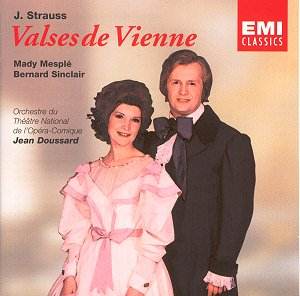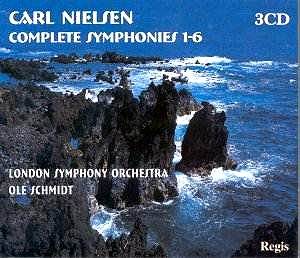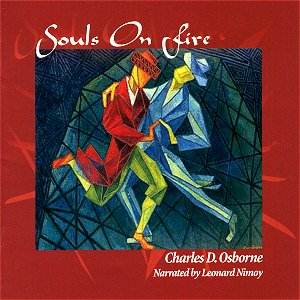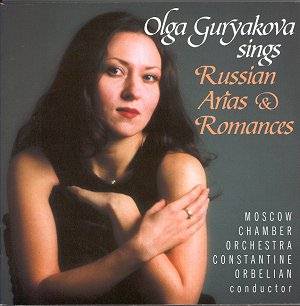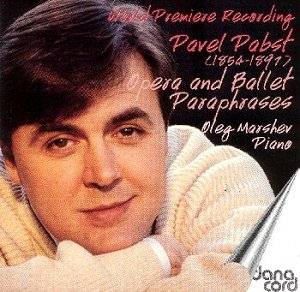 Composer: Pavel Pabst
Composer: Pavel Pabst
Works: Fantasie sur l’opéra “Mazeppa” (Tchaikovsky), Paraphrase de concert sur l’opéra “Eugene Onegin” (Tchaikovsky), Réminiscences de l’opéra “Le Demon” (Rubinstein), Paraphrase de concert sur le ballet “La Belle au bois dormant” (Tchaikovsky), Berceuse (Tchaikovsky Op.16 No.1), Illustrations de l’opéra “La Dame Pique” (Tchaikovsky)
Performers: Oleg Marshev – Piano
Recording: Cultural Institute, Milan, September 1996
Label: Danacord DACOCD450
Pavel Pabst, born in 1854 in Königsberg (now Kaliningrad), emerges as a figure often overshadowed by his contemporaries yet deserving recognition for his contributions to the realm of paraphrase and transcription. His works, particularly those based on Tchaikovsky’s operas and ballets, provide an intriguing lens into the 19th-century musical landscape, where the piano served as both a salon centerpiece and a vehicle for broader orchestral repertoire. Pabst’s ability to distill the essence of operatic and ballet themes into piano-centric compositions reflects a nuanced understanding of both instrumental capabilities and the audience’s cultural milieu, encapsulating the transitional era between the classical and romantic periods.
Oleg Marshev’s interpretation of Pabst’s paraphrases reveals a meticulous attention to detail and an inherent understanding of the idiomatic demands of the piano. The opening Fantasie sur l’opéra “Mazeppa” showcases Marshev’s technical prowess, deftly navigating the intricate passages that require not just finger dexterity but also a deep connection to the thematic material. His performance balances bravura with sensitivity, allowing the sweeping melodies to soar while maintaining clarity in the intricate figuration. Similarly, in the Paraphrase de concert sur l’opéra “Eugene Onegin,” Marshev’s phrasing breathes life into the well-known waltz themes, transforming them into a fresh experience that resonates with both nostalgia and innovation.
The recording quality is commendable, capturing the full spectrum of the piano’s tonal palette. The clarity of Marshev’s articulation is particularly noteworthy; one can hear the subtleties in dynamics that lend emotional depth to the music. The engineering allows the warmth of the instrument to project without sacrificing the precision needed for such technically demanding works. Each phrase is delineated with care, and the nuances of Pabst’s stylized interpretations are conveyed with a vividness that invites repeated listening.
Pabst’s paraphrases, while rooted in the familiar melodies of Tchaikovsky, also serve as a testament to the virtuosic demands of the late Romantic piano repertoire. Marshev avoids the common pitfall of overindulgence, maintaining an elegance and grace that respects the original compositions while showcasing the pianist’s technical mastery. His interpretation of the Réminiscences de l’opéra “Le Demon” underscores this balance, with fluid transitions between contrasting moods that reflect Pabst’s intent to highlight the dramatic essence of the source material without becoming overly theatrical.
The sheer variety represented in this collection—from the lyrical Berceuse to the vibrant Illustrations de l’opéra “La Dame Pique”—demonstrates Pabst’s skill in crafting engaging piano works that capture the listener’s imagination. Marshev’s performance brings a refreshing perspective to these pieces, reminding us that while they may not hold the narrative weight of their original operatic counterparts, they offer a distinct and compelling musical experience.
This recording stands as a significant contribution to the repertoire of paraphrase and transcription, illuminating Pabst’s artistry and Marshev’s interpretative brilliance. The listener is not merely treated to a showcase of technical prowess but is instead drawn into a world where the essence of operatic narrative is conveyed through pure musicality. Such a collection not only enriches our understanding of Pabst but also highlights the enduring appeal of Tchaikovsky’s melodies, reimagined through the lens of a composer who sought to elevate them into the concert hall.
